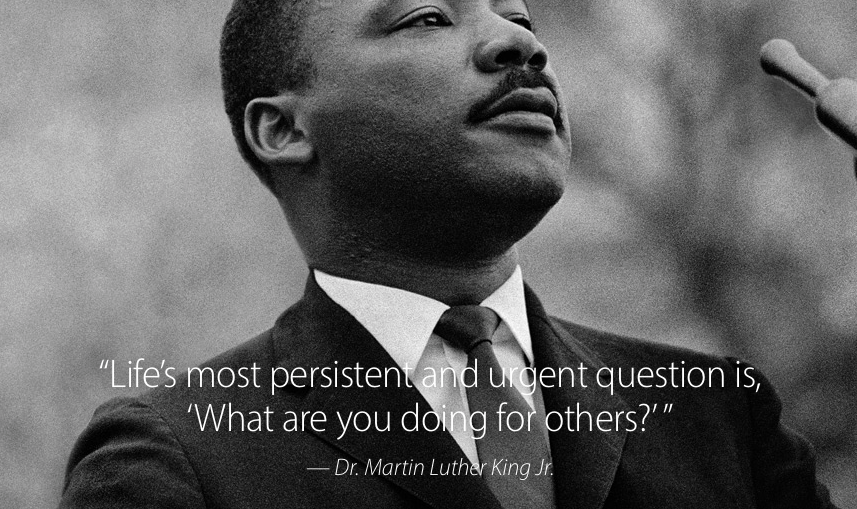When I was 15, I stood before the Memphis City School Board of Education (now Shelby County Schools) and I asked how we were suppose to earn a college degree without receiving textbooks. When I finished the speech, the superintendent, the board, and the audience were standing. I did not view myself as an activist, which is a word that has come in vogue more recently. However, I learned from this research that the resistance and the work I helped to do afterwards was activism—student activism. However, I had teachers who’d initially turned against me to support my goals of earning more AP Courses, hosting a debate team, and getting more financial resources to the school. They were participating in a form of teacher activism through the system and then through the curriculum they created. I’ll admit that I have not appreciated my high school experience for all it was worth. In fact, selfishly so maybe, I took this Urban Education class with the hopes of getting a better understanding of my past. This research was a great capstone to a semester of growth. I cannot list all of the things I’ve learned but below are three that I hope resonate with you:
-
Inequality Is Real—Meritocracy is Not
In America, people have an over-fascination and belief that if you work hard enough then you will achieve the same outcomes as the person who was born with a 20 million dollar trust fund and the best schooling money can provide. This is inaccurate. Students across the country are picking up signs and organizing rallies because this myth has shown itself in their communities. It’s shown itself in the number of people who graduate unable to read, who leave without the tools to succeed in college, and who end up dead or incarcerated because their opportunities where truncated—not by their ambition—but by the zip code into which they were born.
-
Struggle is a requirement
No students or teachers anticipated an easy route to success. Many of the students and teachers struggled to have their voices heard by the Mayor or their policies listened to by the superintendent. I learned that when change is afoot, people become more comfortable with the status quo than they might have ever been before. In politics, you have to work diligently and consistently on the issues that you believe must be addressed. When people “let up” or “give up,” politicians are given leeway to make decisions on their beliefs and not on the needs of their constituents. Reading about each of these community organizations, they worked with the power structures that existed. None of them gave a pass or an excuse for why things weren’t happening, they demanded better. One example that is quite vivid is Philadelphia Student Union working to have a new school built because one of the local schools had fallen into disrepair. Between the start of this campaign for a new school and the school’s completion, Philadelphia had 3 superintendents. At one point, the superintendent nixed the possibility of the school being built after years of drafting. PSU went to work. They attended town halls, scheduled meetings with the Superintendent and staff and they awakened their community. The school was later fully funded. Despite struggle, persistence can pay off.
3. People Still Have the Power
It is easy to become disillusioned or discouraged by the state of urban education or the state of the world. The United States is led by a person who is unfit for the office and his selection for education secretary is a billionaire investor who ignores root causes of educational and economic deprivation. However, I read and research these stories of teachers who organized, kids who marched, teachers who re-wrote curriculum, kids who tutored one another and I remember that all systems of oppression can be undone by people. The problems were created by people. Although I am sometimes discouraged, I believe the political activity of these grassroots organization showcase where the power centers are and need to be. The people’s power is most effective when it is local. Teachers and students are making a difference by making their mark on their communities. If teachers begin to dismantle the euro-centric curriculum in place of a culturally relevant one or students begin to demand textbooks and pencils to succeed in the classroom, then I believe the country will be heading in a better direction. National politics is important but it seems the local can address these issues more concretely.
